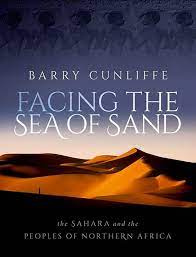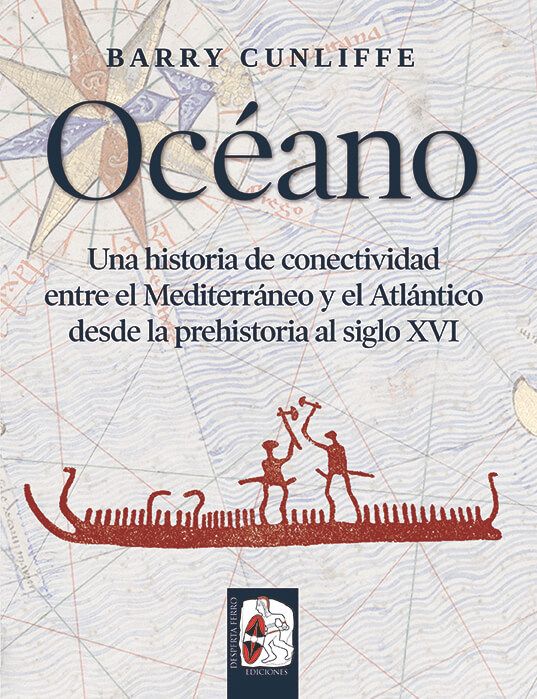Facing the sea of sand
the Sahara and the peoples of Northern Africa
- ISBN: 9780192858887
- Editorial: Oxford University Press
- Fecha de la edición: 2023
- Lugar de la edición: Oxford. Reino Unido
- Encuadernación: Cartoné
- Medidas: 26 cm
- Nº Pág.: 416
- Idiomas: Inglés

Northern Africa is dominated by the Sahara Desert, stretching across the continent from the Atlantic Ocean to the Red Sea. This book is about the people who lived around the edges of the Desert and the different ways in which they responded to its challenges, establishing networks of communication across its expanse. But the Sahara has not always been a desert.
From about 9000 BC the region began to enjoy a warm, humid period allowing vegetation to flourish and wild animals to move in. Humans soon followed practising pastoral economies but with the onset of harsher conditions once more around 3000 BC the desert reclaimed its own. Since then fluctuations in climate have continued to affect the lives of people living around the desert fringes. The communities occupying the North African Coast and in the Nile Valley have come under the influence of the states dominating the Near East and the Mediterranean but those living in in the Sahel to the south of the desert have developed their own distinctive cultures. The book tells the story of the growing links between the two worlds, showing that Africa played a crucial part in the development of the Old World before it was drawn into the story of the New World.
1 The desert, the rivers, and the oceans
2 The long beginning
3 Domesticating the land: 6500-1000 BC
4 Creating connectivities: 1000-140 BC
5 The impact of empire: 140 BC - AD 400
6 An end and a beginning: AD 400-760
7 Emerging states: AD 760-1150
8 Widening horizons: AD 1150-1400
9 Africa and the world, AD 1400-1600
10 Retrospect and prospect









